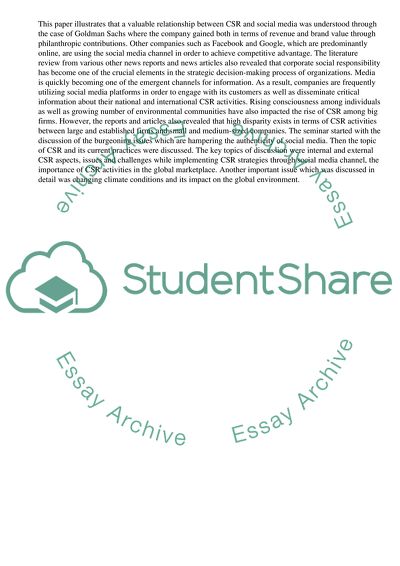Cite this document
(“Self-Reflective Journal on Corporate Social Responsibility Essay - 1”, n.d.)
Retrieved from https://studentshare.org/business/1639863-please-set-up-the-topic-for-me
Retrieved from https://studentshare.org/business/1639863-please-set-up-the-topic-for-me
(Self-Reflective Journal on Corporate Social Responsibility Essay - 1)
https://studentshare.org/business/1639863-please-set-up-the-topic-for-me.
https://studentshare.org/business/1639863-please-set-up-the-topic-for-me.
“Self-Reflective Journal on Corporate Social Responsibility Essay - 1”, n.d. https://studentshare.org/business/1639863-please-set-up-the-topic-for-me.


